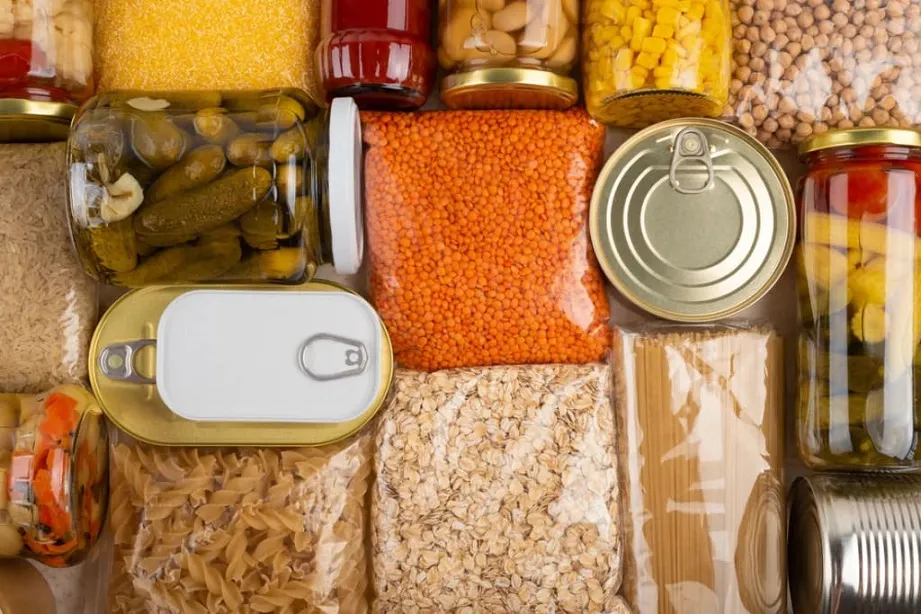ISLAMABAD: Minister for National Food Security and Research, Rana Tanveer Hussain, reaffirmed the government’s commitment to reducing taxes on essential food items to combat food inflation and alleviate financial pressure on consumers.
Emphasizing that access to quality and sufficient food is a basic right of every citizen, the minister stated, “There should be no tax on basic food products,” as he underscored the government’s broader strategy to ensure affordability of staple foods.
The statement came during a meeting with David Laborde, Director Agri-Food at the Food and Agriculture Organization (FAO) of the United Nations, where both sides discussed ongoing and future collaborations aimed at strengthening food security in Pakistan.
The minister highlighted the improvement in the quality of Pakistan’s agricultural output and emphasized the need for continuous reforms to ensure sustainable food access for all.
David Laborde acknowledged Pakistan’s initiatives and pointed out the adverse impact of both global and domestic inflation on food accessibility.
He remarked that soaring prices have made even basic items like fruits unaffordable for many. He reiterated FAO’s ongoing commitment to supporting Pakistan’s food security goals and monitoring developments in the global food landscape.
FAO Initiatives
The meeting concluded with a joint resolve to intensify collaboration in the agriculture and food sectors, focusing on delivering affordable and nutritious food to all segments of the population.
Both parties pledged to work toward long-term solutions to food insecurity and agricultural development challenges in the country.
In a significant move to modernize its food governance system, Pakistan launched a comprehensive food control system assessment in partnership with the FAO.
Read More: Food Exports in Pakistan Grow 1.62%
The initiative, also supported by the Ministry of Planning, Development and Special Initiatives and co-led by the Ministry of National Food Security and Research, aims to strengthen regulatory frameworks, improve governance, and ensure alignment with international food safety standards.
The assessment will utilize the FAO/WHO Food Control System Assessment Tool to evaluate current food safety mechanisms across the provinces of Punjab, Sindh, Balochistan, and Khyber Pakhtunkhwa.
The goal is to identify gaps and prioritize reforms based on scientific evidence and international best practices.
WTO SPS TBT
This effort reflects Pakistan’s commitment to aligning its policies with global food safety benchmarks, such as the Codex Alimentarius and international agreements under the World Trade Organisation (WTO), particularly in the areas of sanitary and phytosanitary (SPS) measures and technical barriers to trade (TBT).
Also Read: 10 Mln Pakistanis at Risk of Acute Food Insecurity: World Bank
The co-signing of this project by the government marks a strategic shift toward a more structured and globally integrated food safety system designed to protect public health and boost trade confidence.
